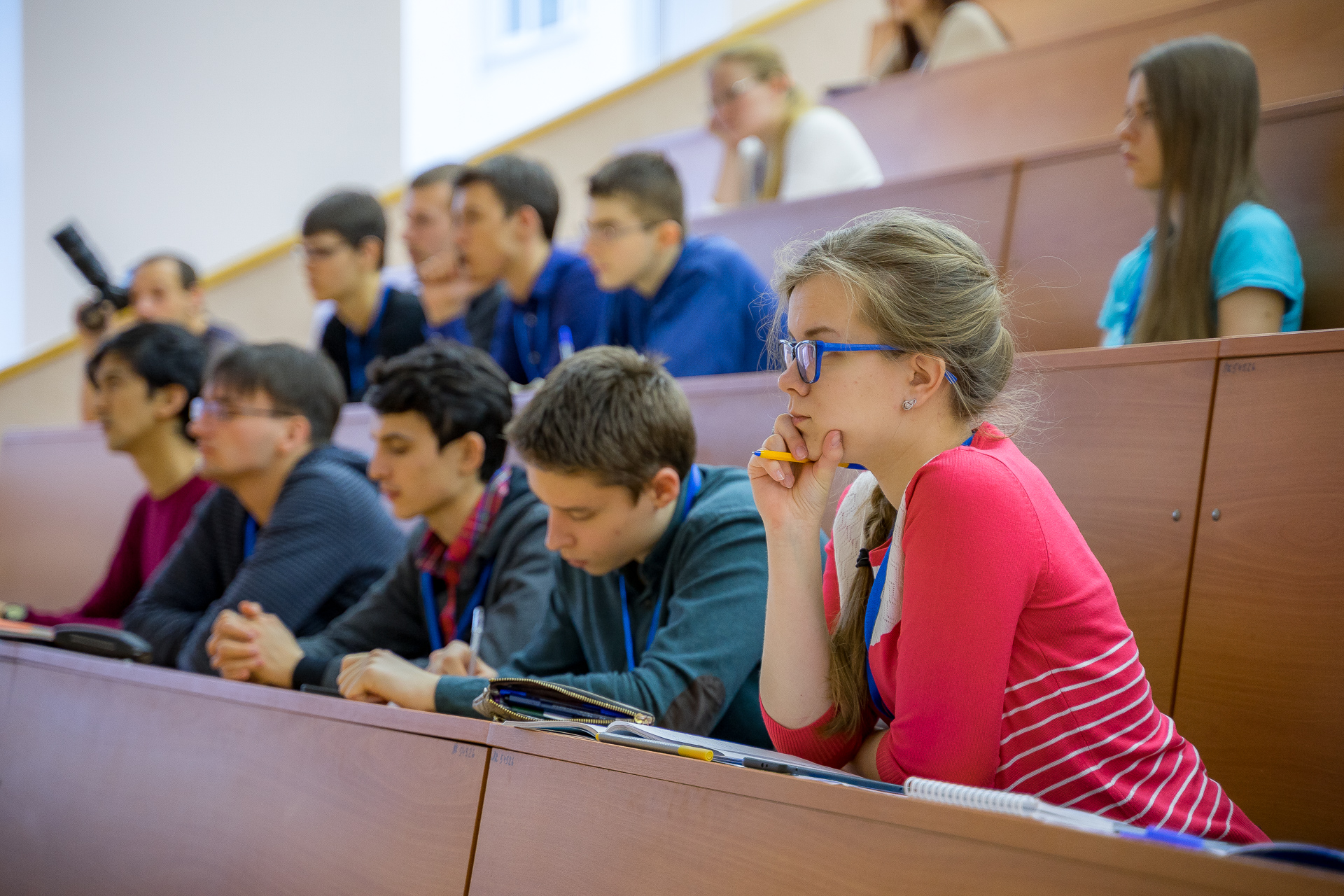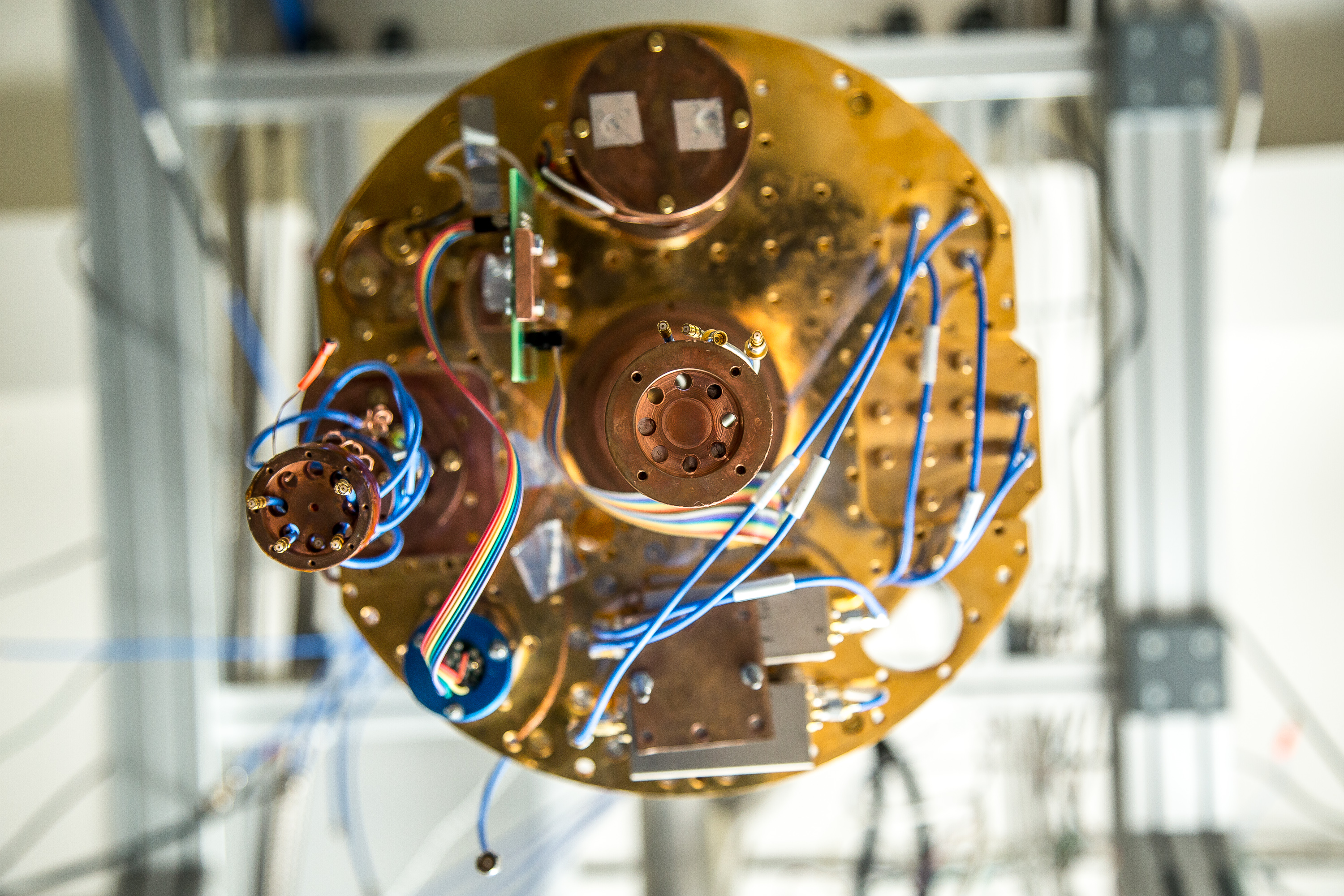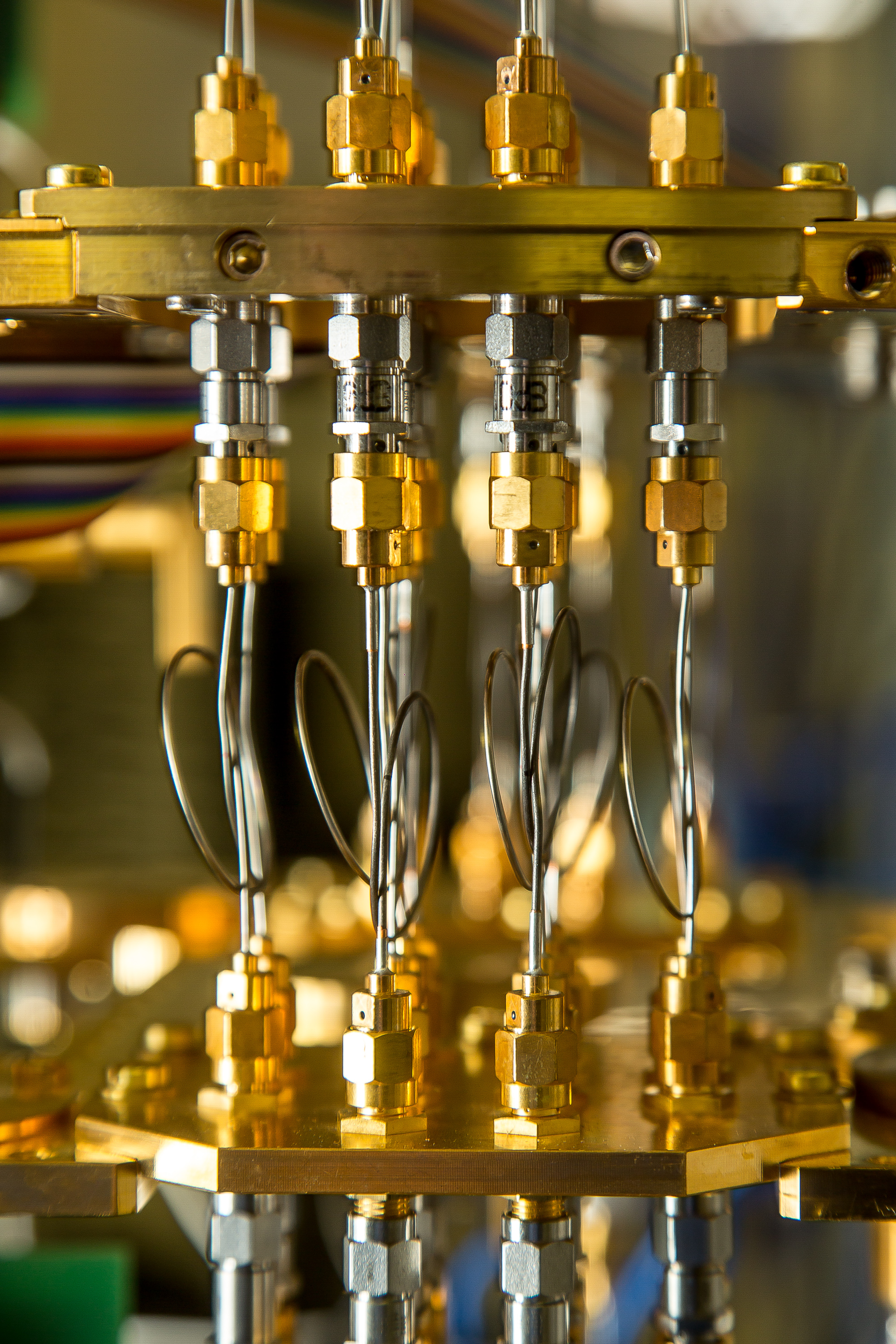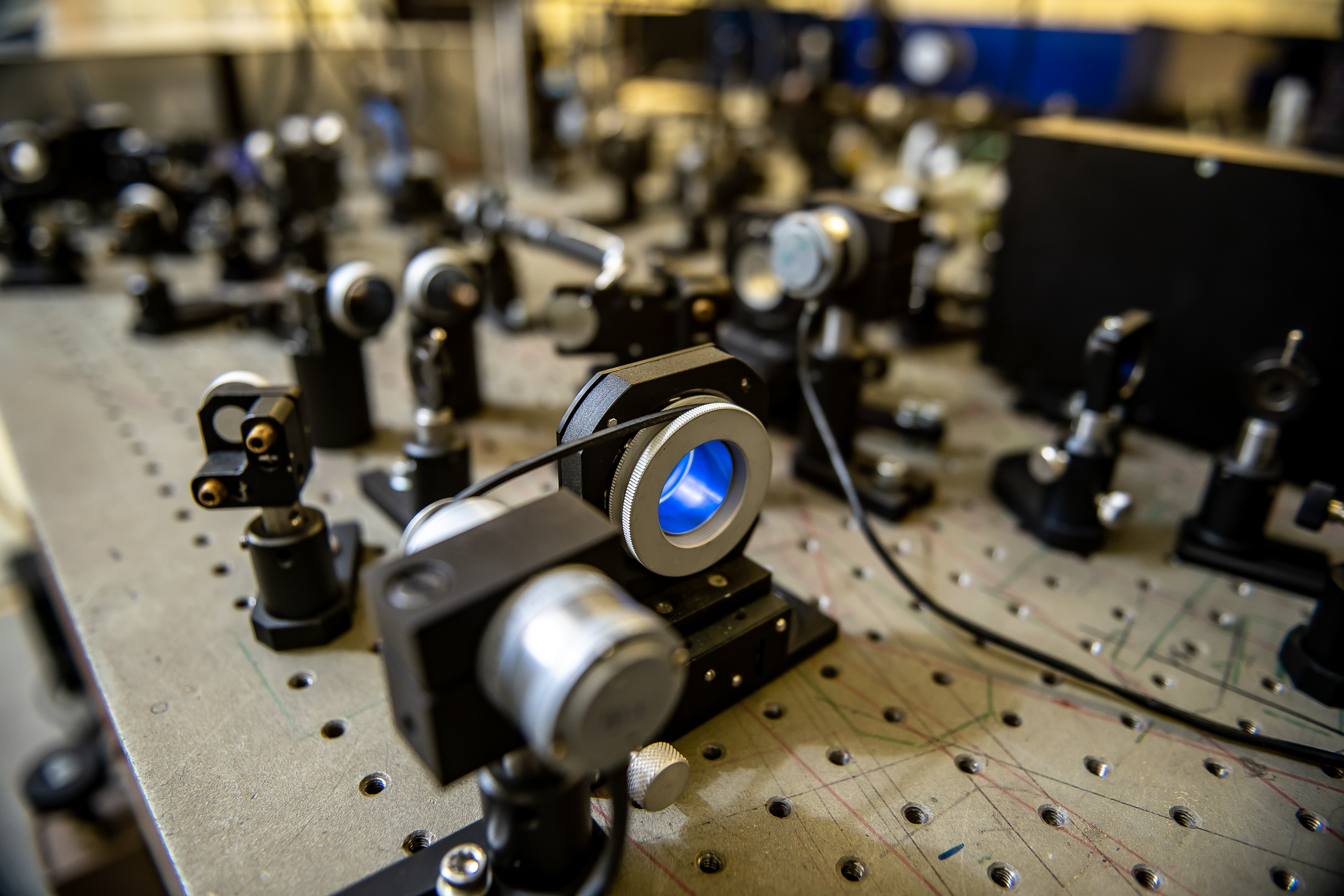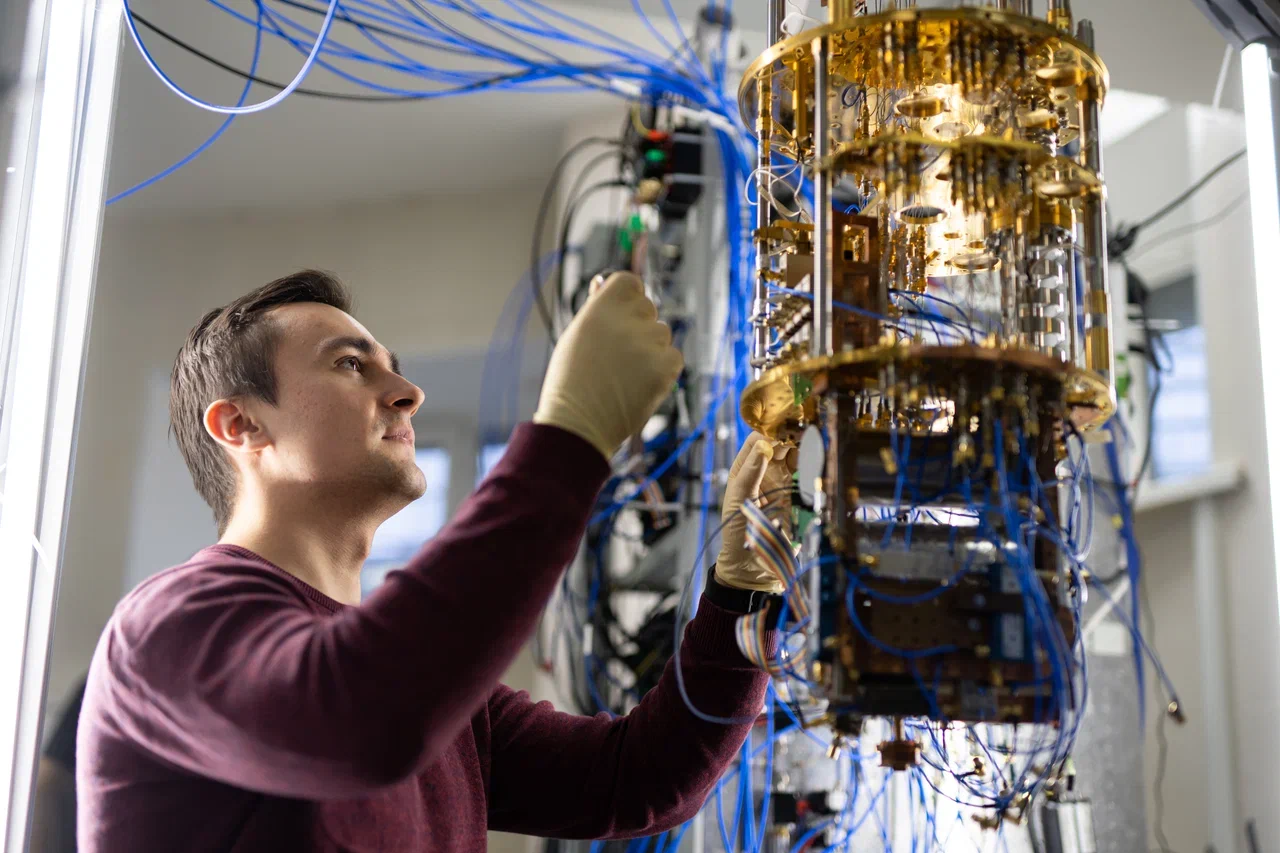
International Scientific Physics Olympiad
The International Scientific Physics Olympiad as an opportunity to prove your knowledge in theoretical and experimental physics in your homeland’s national team
 With the scope of expanding cooperation between the countries in terms of finding and supporting talented youngsters, we invite national physics teams to take part in International Scientific Physics Olympiad (ISPhO) in 2025.
With the scope of expanding cooperation between the countries in terms of finding and supporting talented youngsters, we invite national physics teams to take part in International Scientific Physics Olympiad (ISPhO) in 2025.  The Olympiad is planned to be held from June 29 to July 7, 2025 in Khanty-Mansyisk, Russia. The Government of Khanty-Mansi Autonomous Okrug–Yugra and Moscow Institute of Physics and Technology (MIPT) backed by the Russian Ministry of Education act as the Olympiad organizers.
The Olympiad is planned to be held from June 29 to July 7, 2025 in Khanty-Mansyisk, Russia. The Government of Khanty-Mansi Autonomous Okrug–Yugra and Moscow Institute of Physics and Technology (MIPT) backed by the Russian Ministry of Education act as the Olympiad organizers.
Participants arrive at MIPT from June 27 to June 28 2025.
News
Tasks and Solutions of ISPhO 2023 Theoretical examination
| The Theoretical Examination | |
| Tasks | Solutions |
| T1 Tasks | T1 Solutions |
| T2 Tasks | T2 Solutions |
| T3 Tasks | T3 Solutions |
The Science Festival
Dear team leaders, participants and guests! We are happy to announce that the Science Festival of ISPhO has just started!
9 lectures on physics, technology and interdisciplinary sciences will be published here.
The Science Festival aims to demonstrate to the Olympiad participants their excellent opportunities for self-expression in different scientific fields. We hope that you will find the lectures useful for your future studies and for solving the Olympiad tasks in particular.
1. We begin today with "Nuclear Magnetic Resonance" a lecture by Natalia Gervits, a scientist at the Lebedev Physical Institute of the Russian Academy of Sciences. NMR spectroscopy is utilized in many spheres such as physics, chemistry, medicine and even security.
2. The 2nd lecture is the «Photosensitive Proteins» by Anton Zalygin, Ph.D. Photosensitive proteins are a kind of proteins that can change their structure or activity in response to light. They are found in many organisms and they mediate various light-depended processes.
3. And the 3rd lecture we'd like to introduce you to is the «Elementary Particles and Particle Accelerators» by Andrey Leonidov, Doctor of Physical and Mathematical Sciences. For example, the biggest and fanciest one is the Large Hadron Collider at CERN.
4. The 4th lecture is the «Quantum mechanics» by Vasily Beskin, professor at Moscow Institute of Physics and Technology. What is the main problem of Quantum Mechanics? How to understand it? The answers could be found in the lecture.
5. And the 5th lecture is the «Diffusion» by Sergey Panyukov, physicist and researcher, which explains, for example, the diffusion mechanisms in gases and solids.
6. The 6th lecture is the «Electromagnetic waves in optical waveguides and cavities» by Alexander Dorofeenko, PhD. Starting from the fundamentals (Maxwell’s equations) the complicated topic is explained in the lecture.
7. The 7th lecture is the «Lazers» by Dr. Ksenia Khabarova. Laser – light amplification by stimulated emission of radiation. What’s more about it? Let’s watch!
8. The 8th lecture is the «How condensed matter emerges from molecules or atoms. Van der Waals forces» by Vladimir Pudalov, Doctor of Physical and Mathematical Sciences.
Assume that we know and fully understand all the fundamental laws of Nature, and have identified all the elementary particles. Will we be able to explain all physical phenomena based on this knowledge?
9. The 9th and the last lecture is the «Hydrodynamics» by Sultan Musin.
Thank you for being with us during our Science Festival! We wish you good luck for the upcoming theoretical examination of ISPhO!
OLYMPIAD TIMELINE
of the Physics Olympiad
event







final team composition
of participants at MIPT
Training Camp
Become the best!
Syllabus ISPhO
Task’s syllabus will correspond the syllabus used at
Asian Physics Olympiad (APhO)


